NEET Exam > NEET Notes > Biology Class 12 > Mind Map: Molecular basis of Inheritance
Mind Map: Molecular basis of Inheritance | Biology Class 12 - NEET PDF Download
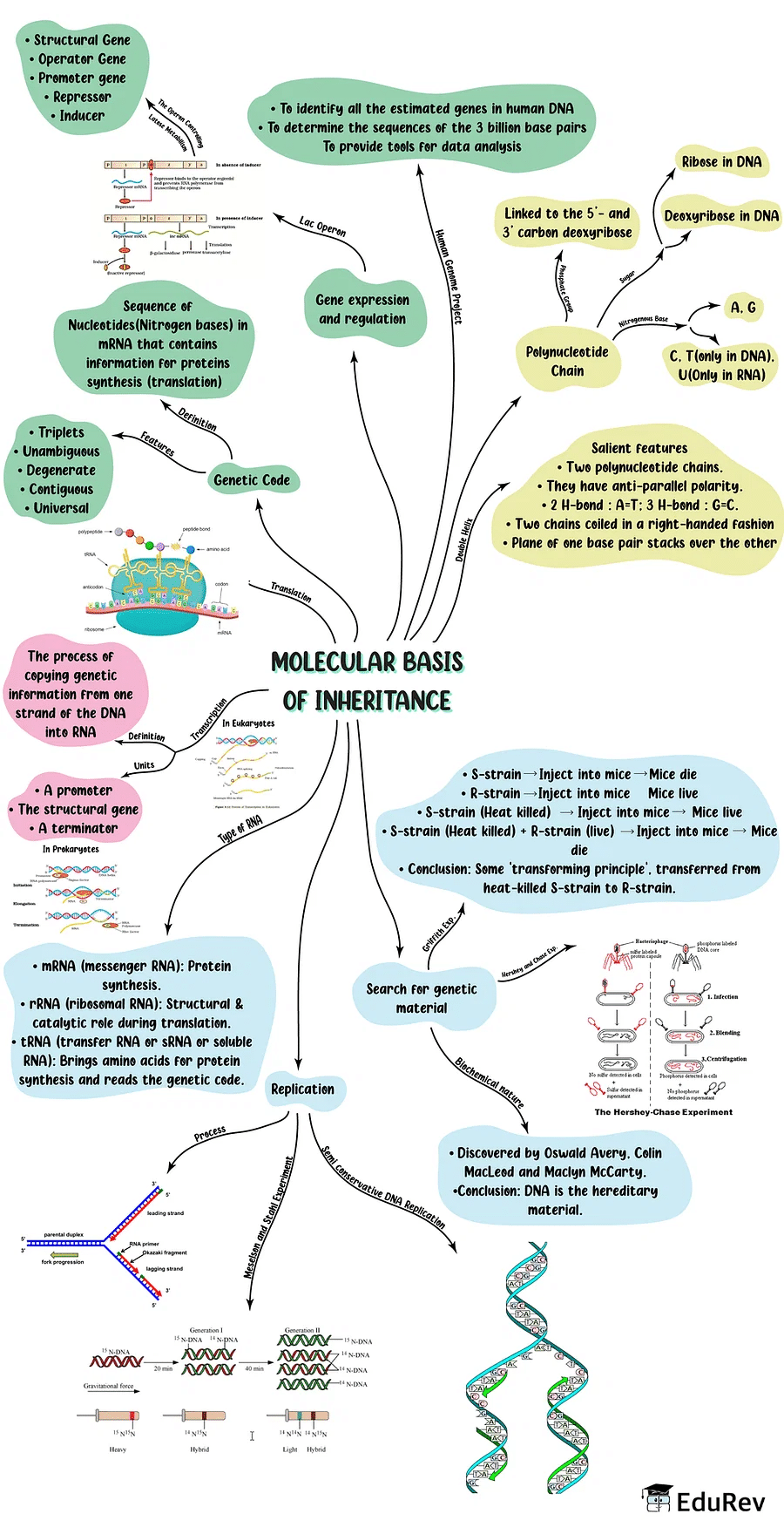
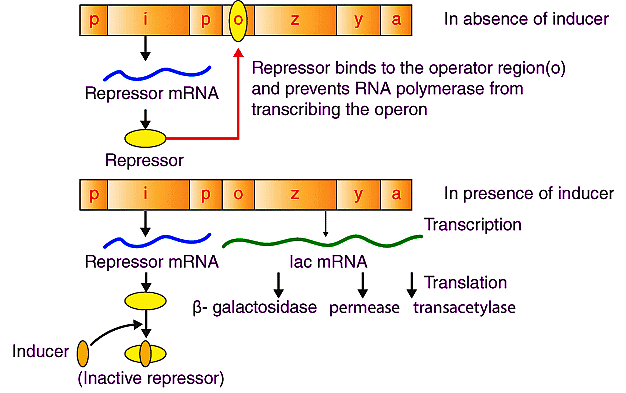
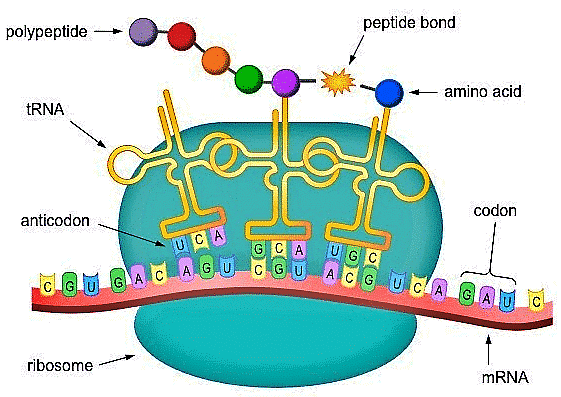
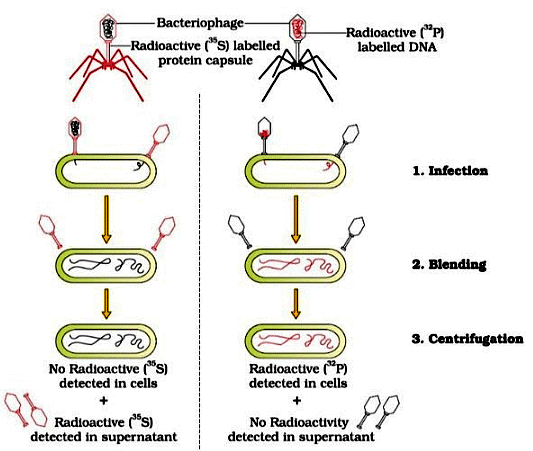
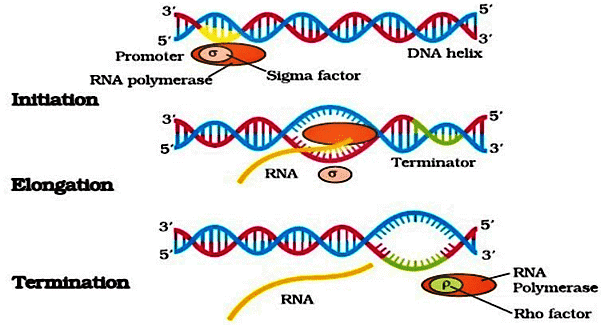
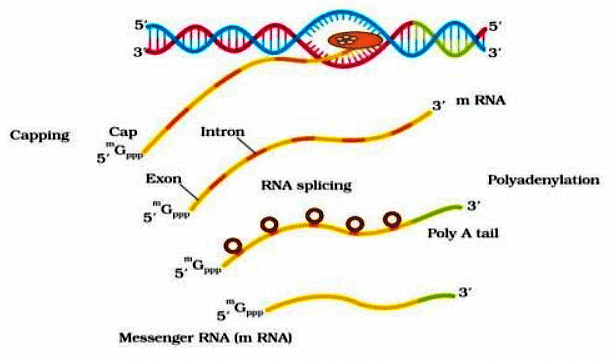
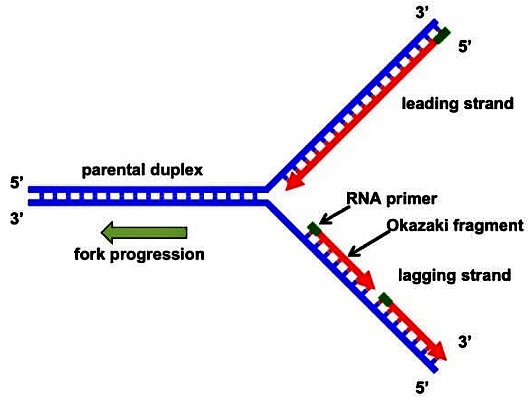
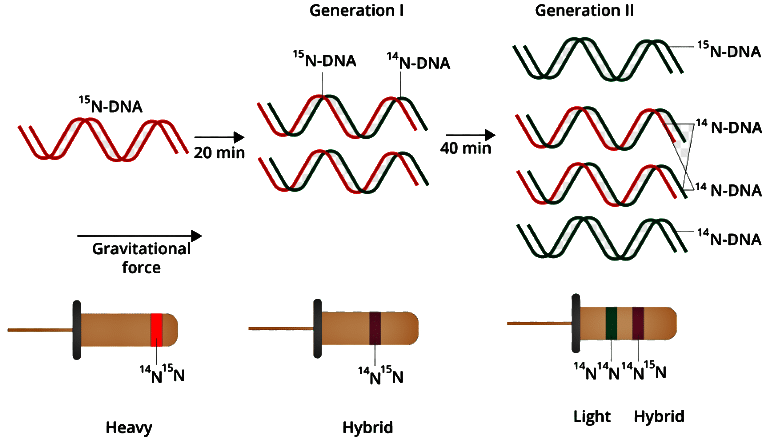
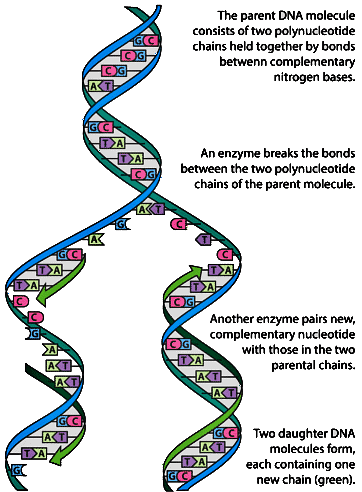
The document Mind Map: Molecular basis of Inheritance | Biology Class 12 - NEET is a part of the NEET Course Biology Class 12.
All you need of NEET at this link: NEET
|
59 videos|290 docs|168 tests
|
FAQs on Mind Map: Molecular basis of Inheritance - Biology Class 12 - NEET
| 1. What is the molecular basis of inheritance? |  |
Ans. The molecular basis of inheritance refers to the mechanism by which genetic information is passed on from one generation to the next. It involves the transmission of genetic material in the form of DNA, which contains the instructions for the development and functioning of living organisms.
| 2. How does DNA play a role in the molecular basis of inheritance? |  |
Ans. DNA (deoxyribonucleic acid) is a molecule that carries the genetic information in all living organisms. It is composed of nucleotides and has a unique structure that allows it to store and transmit genetic information. During the process of inheritance, DNA is replicated and passed on to the offspring, ensuring the continuity of genetic traits.
| 3. What are genes and how do they contribute to the molecular basis of inheritance? |  |
Ans. Genes are specific segments of DNA that contain the instructions for the synthesis of proteins. They are responsible for the expression of traits and characteristics in an organism. Genes are passed on from parents to offspring, and variations in genes contribute to genetic diversity and inheritance of specific traits.
| 4. How do mutations affect the molecular basis of inheritance? |  |
Ans. Mutations are changes in the DNA sequence that can occur spontaneously or as a result of external factors such as radiation or chemicals. Mutations can alter the genetic information and lead to variations in traits. Depending on the nature and location of the mutation, it can have different effects on the function and expression of genes, thus influencing the molecular basis of inheritance.
| 5. How does the understanding of the molecular basis of inheritance contribute to advancements in medicine? |  |
Ans. Understanding the molecular basis of inheritance has led to significant advancements in medicine. It has facilitated the identification and characterization of disease-causing genes, which has enabled the development of genetic tests for diagnosis and prediction of diseases. Additionally, it has paved the way for gene therapy, where faulty genes can be replaced or repaired to treat genetic disorders. This knowledge also plays a crucial role in developing personalized medicine approaches and understanding the genetic basis of drug response.
Related Searches

















